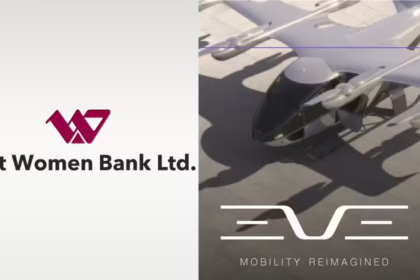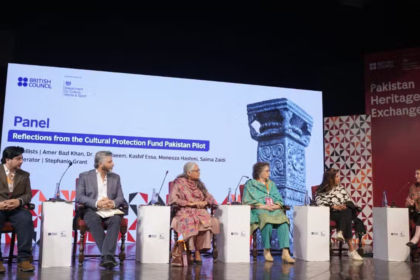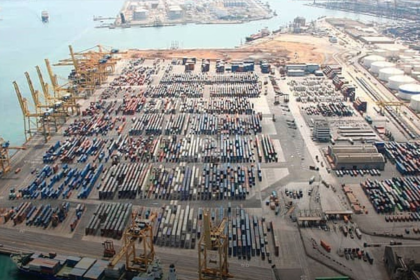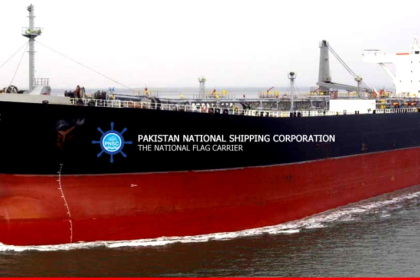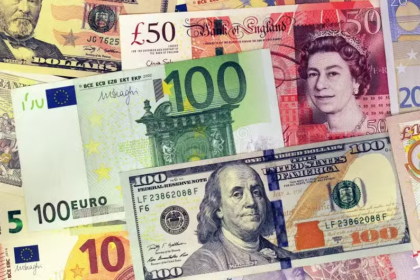The Competition Commission of Pakistan (CCP) has approved the proposed acquisition of First Women Bank Limited by Abu Dhabi-based Eve Holdings RSC Limited. The approval comes under a Share Purchase Ag...
Breeders of the black partridge have urged the Punjab government to reinstate the suspended licensing system for keeping the birds. The demand was raised during a protest held in Muzaffargarh, where o...
Foreign exchange reserves held by the State Bank of Pakistan recorded an increase of $19.1 million during the week ending February 13, 2026. The gain represents a 0.12 percent rise on a week-on-week b...
South Air, a newly launched domestic carrier, has announced multiple job vacancies across nine major cities in Pakistan as part of its continued expansion strategy. The recruitment drive reflects the ...
The British Council convened the Pakistan Heritage Exchange in Lahore to mark ten years of the Cultural Protection Fund. The two-day capacity-building and knowledge-sharing programme was held at Alham...
Punjab’s public healthcare system is entering a new digital phase as Chief Minister Maryam Nawaz announced the transition of hospitals across the province to a fully paperless regime. The move is part...
China’s Shandong Xinxu Group has shown strong interest in Pakistan’s ambitious Sea to Steel initiative at Port Qasim. The company has agreed to submit a comprehensive feasibility study for the propose...
The National Electric Power Regulatory Authority (NEPRA) has concluded hearings on a proposed electricity tariff revision that could significantly impact non-solar consumers. Officials from the Power ...
The Pakistan National Shipping Corporation (PSX: PNSC) has added a new MR-II tanker vessel to its managed fleet, the company confirmed in a filing with the Pakistan Stock Exchange (PSX) on Tuesday. Th...
The Pakistani rupee ended the week on a positive note, extending its winning streak against the US dollar while also recording notable gains against several major global currencies. On Friday, the loc...
